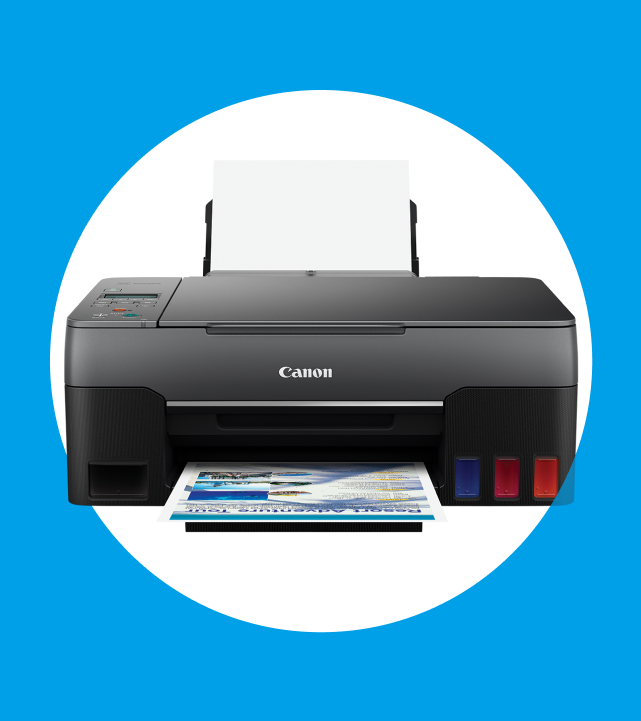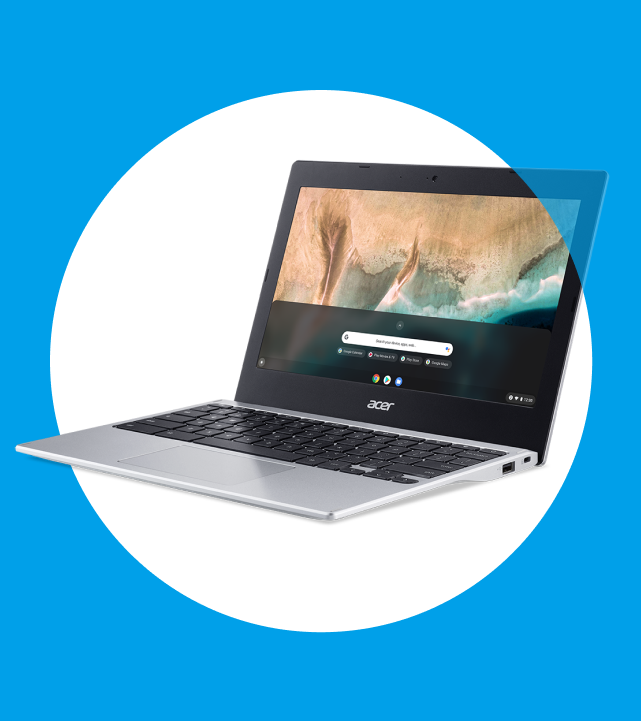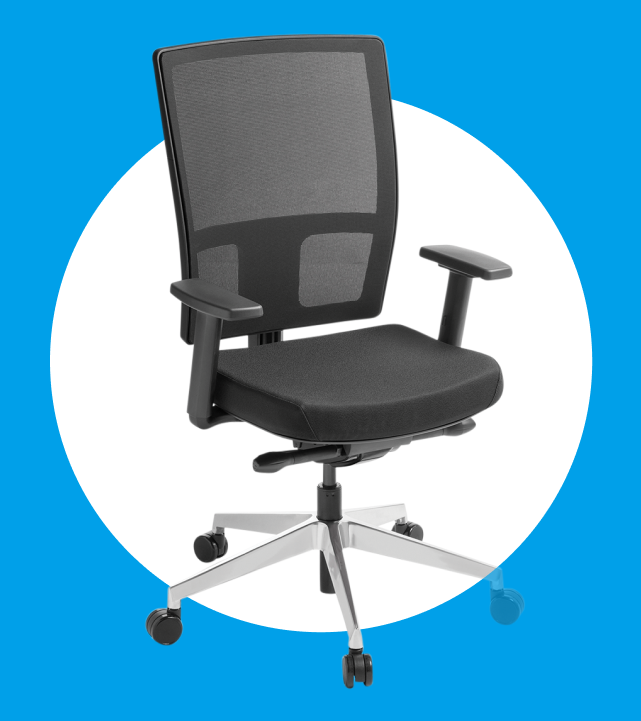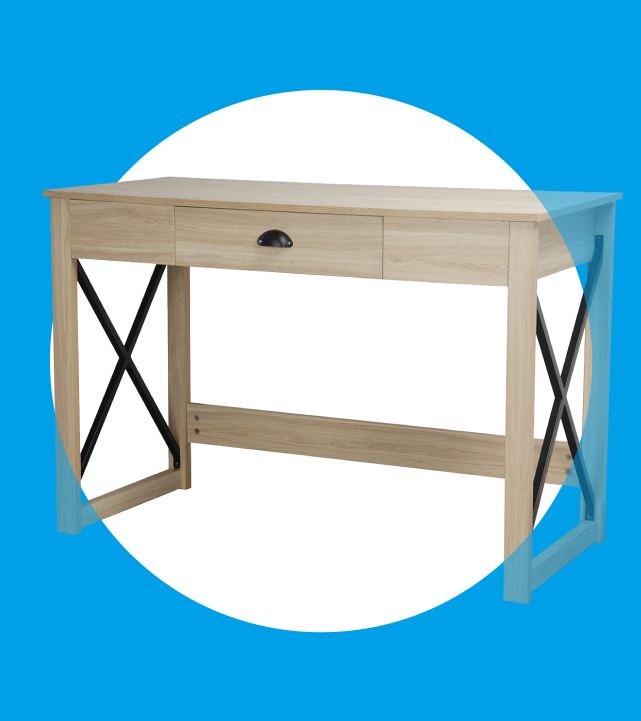Our Top 5 Tax Time Tips
Ideas to Reduce Your Year-End Tax Bill
The end of the financial year is almost upon us so, along with our friends at Beany, we’ve pulled together some of our top tax tips to help you get prepared and lower your year-end tax bill.
1. If you work from home, or your business is based in your home, you may be entitled to a tax deduction
If you occasionally or permanently work from home, you may be entitled to claim a tax deduction for the costs associated with setting up and running your home office. From your desk, to the computer you use for work, through to the paper and ink you use to print your work documents, you should consider all these costs when completing your tax return.
In addition, you may be able to claim a percentage of items like rent, mortgage interest, electricity, phone & internet, vehicle & travel costs - even home office maintenance work.
In addition, you may be able to claim a portion, of your rent / mortgage interest, electricity, home office maintenance as well as considering vehicle and travel expenses undertaken for work, along with your telecommunication bills - landline, mobile and internet charges.
2. Consider making purchases before 31 March
Now may be the ideal time to upgrade your office equipment or make purchases for your business so you can lower your tax bill. Does your office equipment or furniture need an upgrade? Can you stock up on office supplies? Are there supplier payments you can make now? These are good questions to be asking now as they can make a significant difference to your year-end tax bill.
At Warehouse Stationery, we have a range of products that can assist with keeping your taxation documentation well-organised ensuring that the process of lodging your tax return is quick and easy, whether you are preparing your return yourself or lodging through your tax agent or accountant.
Here, it’s worth paying particular attention to purchases that are considered ‘fixed assets’ and cost less than $1,000 (excluding GST).
In such case you can immediately write off their full value, as opposed to having to depreciate them over multiple years.
So if you need a new laptop, desk or printer for your business, you should consider buying it before 31st March. That way, if it’s less than $1,000 (excluding GST), you’ll get the full tax benefit this financial year.
Of course, the purchase should still be justified and something you are comfortable you can afford.
3. Write off any bad debts you know about
If you’ve got any customer invoices outstanding that are unlikely to be paid, you should consider writing them off as a ‘bad debt’. If you don’t, you’ll pay tax on that income, even though you haven’t received the money and probably never will.
Please note that the debt must be written-off on or before 31st March.
4. Clean-up your fixed assets
Often, you will find that your business has more fixed assets showing in your accounts than are physically still in existence or being used.
Depending on how complicated your tax return is, you may wish to consider engaging an expert tax agent to assist with completing your return.
If that’s the case, you should consider writing those assets off now as it will reduce your tax bill.
If you’re unsure about what fixed assets you have on your books, ask your accountant and then compare it to what’s physically in use. Anything you no longer use can be written off.
5. Get ahead now so you don’t miss your tax deadlines
Unless you like throwing away your hard-earned cash, it pays to keep the Inland Revenue onside by paying the right amount of tax at the right time.
And whilst it sounds easy, it’s amazing how many small businesses miss their tax deadlines and end up paying significant late-filing penalties and interest charges.
It’s also worth noting that whilst bank interest rates are currently at an all-time low, the Inland Revenue doesn’t appear to have got the memo!
It therefore makes sense to start getting your finances in order now with things like:
- Start pulling together all the paperwork your accountant is going to need and rather than put it in the old shoebox under the bed, why not go digital? It’s so easy these days and will save you time and money down the track.
- Consider whether better use of technology could save you time and increase your productivity. For example, it’s been well-documented how using software like Xero (as opposed to spreadsheets and paper) can be a great way to save time and money. For some free advice on this, head over to our friends at Beany.
It is also worth noting that if at any point you are struggling to meet your tax obligations, you should reach out to your accountant (or the IRD direct) and discuss your situation. That’s a much better approach than pretending the problem doesn’t exist and the IRD won’t notice!
Always seek professional advice and support in relation to your tax matters
The team at Warehouse Stationery are not registered tax agents or financial advisers, so we cannot provide financial or tax advice. However, we hope these tips will help you save some money and be better prepared for the financial year-end.
If you’re new to business or feeling stressed about your finances or tax, you may want to consider getting help from an expert tax accountant.
Not only will you be sure that you’re only paying the minimum amount of tax, it can also be a great stress-buster knowing they have your back.
Lastly, we hope that the last financial year has been a successful one for you and your business and wish you a strong start to the new financial year.



